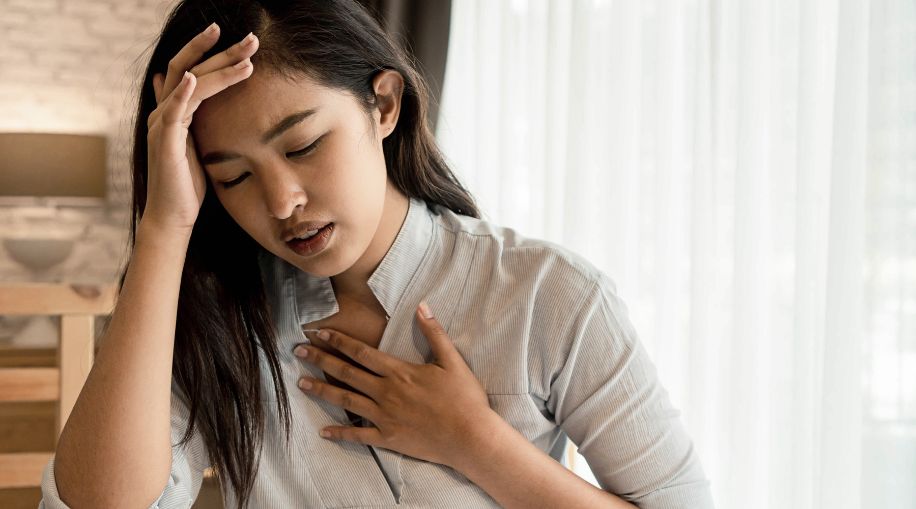COPD Treatment Options
While there is no cure for COPD, many treatments are available to help manage symptoms and improve quality of life. Here are the most common treatment options.
Medications
Medications are key to treating COPD. They help open airways, reduce inflammation and make breathing easier.
- Bronchodilators: These are inhalers that relax the muscles around your airways. They include short-acting ones for quick relief and long-acting ones for daily use.
- Steroids: Inhaled corticosteroids reduce swelling in your lungs, which helps you breathe better.
- Combination inhalers: These include both bronchodilators and steroids for added benefits.
If your symptoms get worse, your doctor may prescribe antibiotics or other medications to treat infections or flare-ups.
Oxygen Therapy
Some people with COPD need extra oxygen because their lungs cannot get enough from the air. Oxygen therapy uses a machine to provide concentrated oxygen. This helps reduce fatigue, improve sleep and make breathing easier.
Pulmonary Rehabilitation
Pulmonary rehabilitation is a program that combines exercise, education and support. It teaches you how to breathe better, stay active and manage your condition. These programs are tailored to your needs and can improve your overall health.
Lifestyle Changes
Making lifestyle changes is important for managing COPD.
- Quit smoking: Smoking damages your lungs and makes COPD worse. Quitting is one of the best things you can do for your health.
- Stay active: Gentle exercises like walking or yoga can help strengthen your lungs and improve your endurance.
- Eat a healthy diet: A balanced diet gives your body the energy it needs to fight the disease.
Advanced Treatments
For severe cases of COPD, advanced treatments may be needed:
- Surgery: Procedures like lung volume reduction surgery or even a lung transplant may be considered for people with very severe COPD.
- Non-Invasive Ventilation (NIV): This is a machine that helps you breathe at night or during flare-ups.
Avoiding Triggers
Certain things can make COPD symptoms worse. Common triggers include air pollution, smoke, strong smells and respiratory infections. Avoiding these triggers can help keep your symptoms under control.
Vaccines
Vaccines are an important part of COPD management. The flu and pneumonia can be dangerous for people with COPD. Getting vaccines for these illnesses reduces your risk of serious complications.
Emotional Support
Living with COPD can be stressful. Support groups or counseling can help you cope with the emotional challenges of the condition.
Breath of Relief
COPD treatments can improve your breathing, reduce flare-ups and enhance your quality of life. Talk to your doctor about the options that work best for you. With the right care and lifestyle changes, you can manage your symptoms and live more comfortably.
Read on to learn all about asthma flare-ups.
